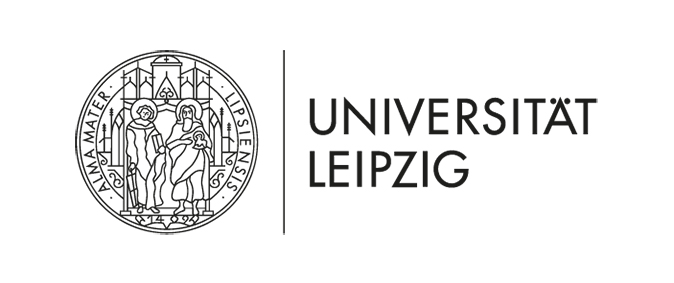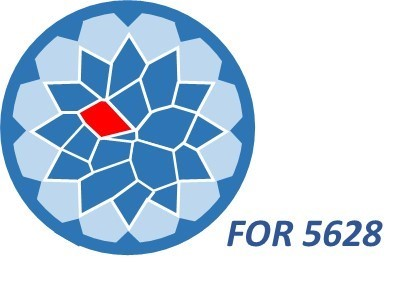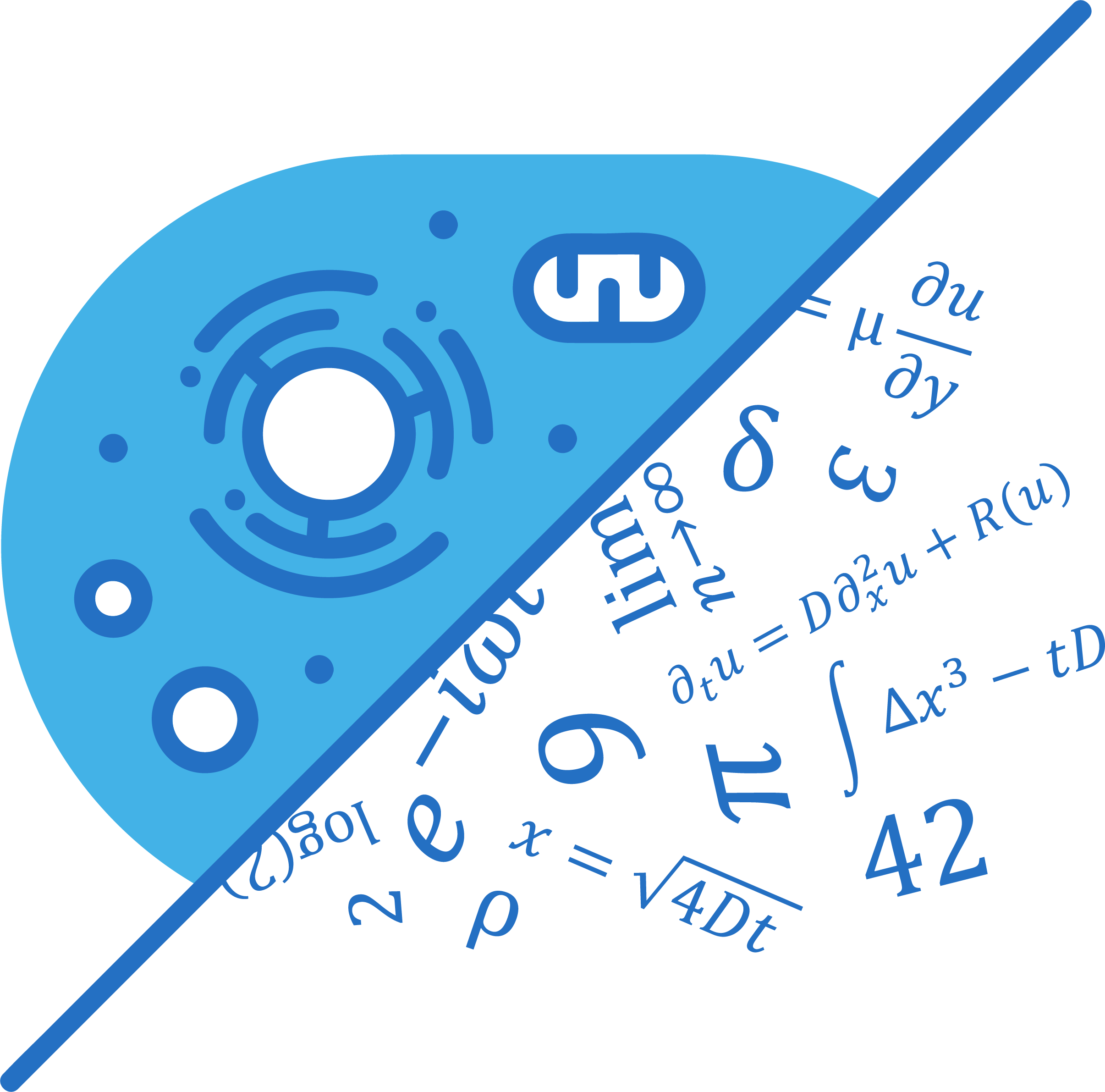|
15th Annual Symposium Physics of Cancer Leipzig, Germany Sept. 30 - Oct. 2, 2024 |
PoC - Physics of Cancer - Annual Symposium | ||||||||||||||||||
|
|
Contributed Talk
Confinement and mechanical stress may induce cell heterogeneity and polyploidy in 3D tumoral environments
Contact: | Website
One of the most relevant hallmarks characterizing cancer pathologies, is known as tumor heterogeneity. Tumor heterogeneity describes the generation of a wide variety of neoplastic cells from one single malignant clone. Heterogeneous populations are traditionally co-localized in the same milieu, and exhibit distinct genetic, metabolic and proteomic features.
During the last years, our team has been researching the role played by the confinement and the mechanical stress in the generation of heterogeneous cancer cells, focusing our efforts on studying the apparition of a population known as Polyploid Giant Cancer Cells (PGCC). PGCC are characterized by their larger spreading area and increased number of nuclei with respect to healthy cells, or even to other cancer cells found in the same milieu. In order to assess how the mechanical stress may trigger the generation of PGCC, we cultured breast cancer cells (MCF7) on 2D flasks, as 3D spheroids or immobilized in 3D polymer-based scaffolds (named in this research as tumor-like microcapsules) for 10 days. During that time, we characterized the biological and morpho-mechanical behavior of cancer cells by RNA-seq and immunostaining, as well as by single-cell traction force microscopy, among others. Our results are showing that cells cultured in the tumor-like microcapsules exhibit an enhanced biomechanical heterogeneity, a higher number of PGCC, and an increased exertion of cell-matrix attachment forces with respect to the other two experimental conditions. Furthermore, cells isolated from tumor-like microcapsules align the cytoplasmatic protein Caveolin-1, and upregulate markers involved in cell duplication (i.e., Ki67), metastasis (i.e., TGF-𝜷1, TGF-𝜷-R2), and epithelial to mesenchymal transition, to name a few. These outcomes are strongly suggesting that both the mechanical stress and confinement are required to stimulate cell polyploidy and biomechanical heterogeneity in cancer cells, enabling to explain why these cells can be found solid tumors.
|









